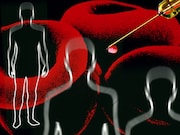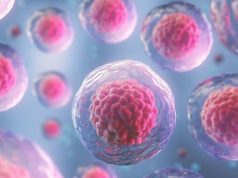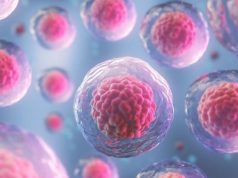Autologous stem cell transplant remains essential component of MM therapy in eligible patients
WEDNESDAY, March 20, 2019 (HealthDay News) — A consensus statement for the use of hematopoietic stem cell transplantation (HSCT) in the treatment of multiple myeloma (MM) has been developed by Mayo Clinic physicians; the recommendations were published in the March issue of Bone Marrow Transplantation.
Wilson I. Gonsalves, M.D., from the Mayo Clinic in Rochester, Minnesota, and colleagues developed a consensus statement and provided evidence-based recommendations on the use of HSCT in MM.
The authors note that autologous stem cell transplant (ASCT) remains an essential component of MM therapy in eligible patients in the era of novel agent induction therapy regimens. A delayed ASCT is safe and feasible upon first relapse, but an upfront ASCT remains the standard of care in eligible MM patients, especially those with high-risk disease. Performance status and comorbidities should be considered for ASCT eligibility in contrast to strict chronologic age cutoffs; depth of response to induction therapy should not dictate ASCT eligibility. Stem cells should be collected within six months of initiating therapy for all ASCT-eligible MM patients. A tandem ASCT within six months of the first ASCT should be considered in select patients with high-risk disease and good performance status. Routine use of a myeloablative or reduced-intensity conditioning allogeneic stem cell transplant is not recommended as upfront therapy except in the setting of a clinical trial or special circumstances.
“ASCT remains an integral part of the management plan of all newly diagnosed MM patients who are otherwise eligible,” the authors write.
Several authors disclosed financial ties to the pharmaceutical industry.
Copyright © 2019 HealthDay. All rights reserved.








